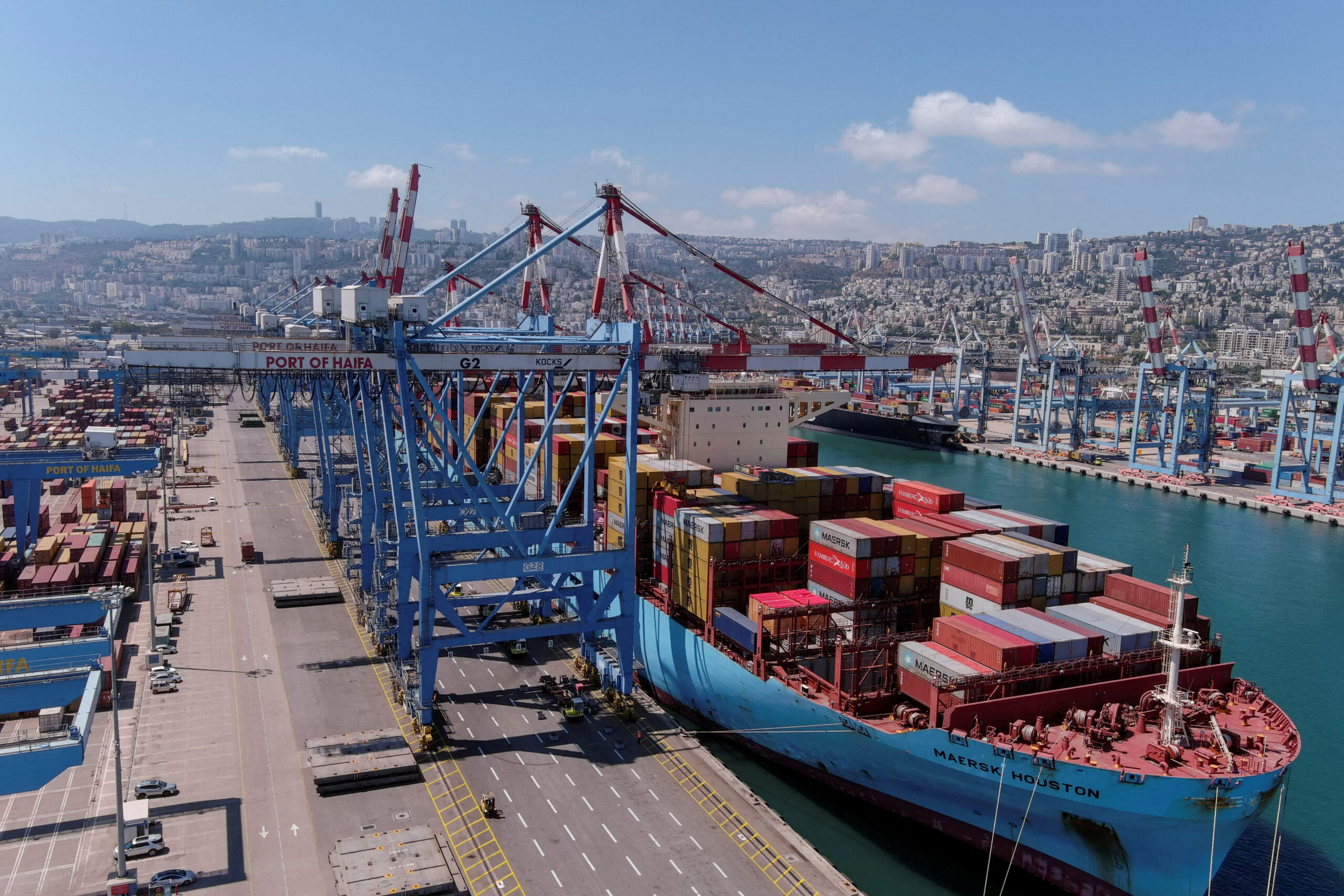Recent escalations in the Middle East, fueled by separate attacks orchestrated by Iran-backed militants, are prompting investors worldwide to reassess their investment strategies.
This is according to Nigel Green, the CEO of one of the world’s largest independent financial advisory and asset management organizations, deVere.
These attacks, which led to the loss of US troops in Jordan and targeted a fuel tanker in the Red Sea, have significantly heightened geopolitical risks in the region.
Market volatility
Green highlights the growing uncertainty and increased market volatility resulting from these events.
“Many investors are now adopting a more cautious approach, with heightened risk aversion impacting various asset classes.”
The Middle East plays a pivotal role in the global energy market, accounting for a substantial portion of the world’s oil production.
Consequently, disruptions in the region can have far-reaching implications, especially on energy prices.
Green notes that the attack on the Red Sea fuel tanker has already raised concerns among oil traders, leading to a reevaluation of the risks associated with shipping cargo through the area.
Global markets
The potential rise in oil prices could trigger a cascade effect on global markets.
“Increased production costs for businesses, higher transportation expenses, and a potential drag on consumer spending are just a few of the consequences that typically reverberate throughout the global economy if oil prices are on the rise,” Green warns.
Investors with stakes in energy-related stocks and commodities may also experience heightened levels of volatility.
Green predicts that if tensions in the Middle East continue to escalate, there could be a flight to safety, with investors reallocating their portfolios to mitigate risks.
Traditional safe-haven assets, such as government bonds and certain currencies like the US dollar, are likely to see increased demand, influencing their prices and yields.
Geopolitical tension
In times of heightened geopolitical tension, diversification strategies become even more critical.
Investors will be revisiting their asset allocation to ensure a well-balanced and resilient portfolio across various asset classes, sectors, and regions.
Seeking guidance from independent financial advisors will assist investors in determining the appropriate mix for prevailing market conditions.
The impact on global trade and supply chains will be closely monitored by investors worldwide. Rising tensions are expected to result in increased shipping costs, delays, and potential disruptions in the flow of goods, which could affect industries heavily reliant on just-in-time production and efficient logistics.



 News3 days ago
News3 days ago


 News5 days ago
News5 days ago


 Leaders3 days ago
Leaders3 days ago


 News3 days ago
News3 days ago


 Shows3 days ago
Shows3 days ago


 Docos5 days ago
Docos5 days ago


 Leaders4 days ago
Leaders4 days ago


 Leaders4 days ago
Leaders4 days ago





